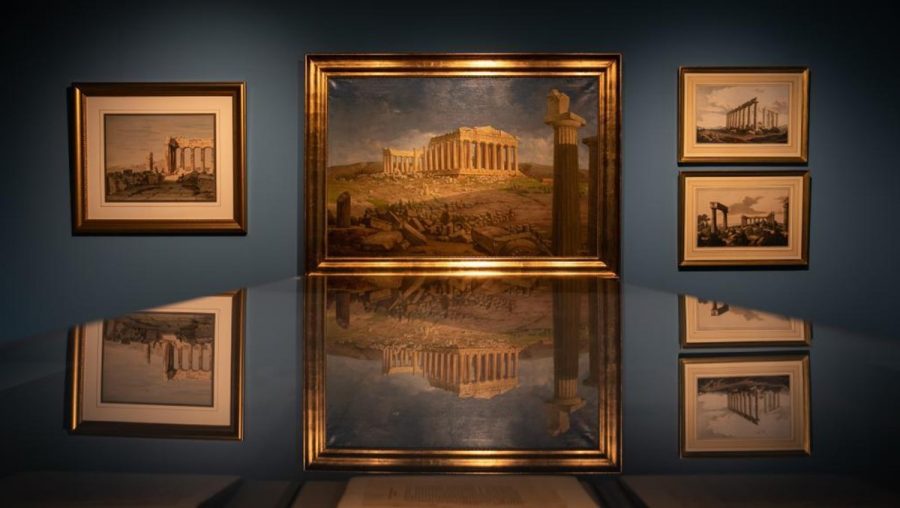A new museum has opened its doors in Athens to honour the foreigners and Philhellenes who supported the Greek War of Independence and helped end 400 years of Ottoman rule.
Founder of the Philhellenism Museum, Constantinos Velentzas, says the museum will tell the story of the birth and evolution of the Philhellenism movement and the critical role it played in the struggle for Greece’s liberation.
The Philhellenism movement, derived from the Greek words philos (friend) and Hellas (Greece), refers to an intellectual movement which was particularly strong in the 19th century among the Greek diaspora and the intelligentsia in Europe and America, who wanted to support Greece as it took up arms against the Ottomans.

“We know about 1,500 Philhellenes from all over the world who came to Greece to join the Greek forces and combat side by side with the Greeks for the liberation of Greece,” Mr Velentzas said.
“They were students, intellectuals or experienced military officers, veterans of the Napoleonic wars, from the Scandinavian countries to Spain and from Britain and France to the United States of America, all of whom united by their love for Greece and ancient Greece.”
Mr Velentzas says visitors at the Philhellenism Museum will be able to learn the story of Philhellenism from the Renaissance up to the beginning of the 20th century through thousands of art objects, books, letters and personal objects of famous Philhellenes.

During 2021, the focus of the museum is the actions of Philhellenes to support the Greek War of Independence in celebration of the bicentenary of the beginning of the war.
The exhibits include paintings of the Greek War of Independence by European painters of the early nineteenth century, as well as bronze, porcelain, fabric, wood and paper artifacts, weapons from the War, more than 250 first-edition Philhellenic books, scores of Philhellenic music, and letters written by Greek fighters and Philhellenes.
Among the vast collection, there will be some personal belongings of Lord Byron, the beloved British romantic poet who died in Greece in 1824 after fighting for the liberation of Greece from the Ottoman Empire.
Source: Athens Insider.
